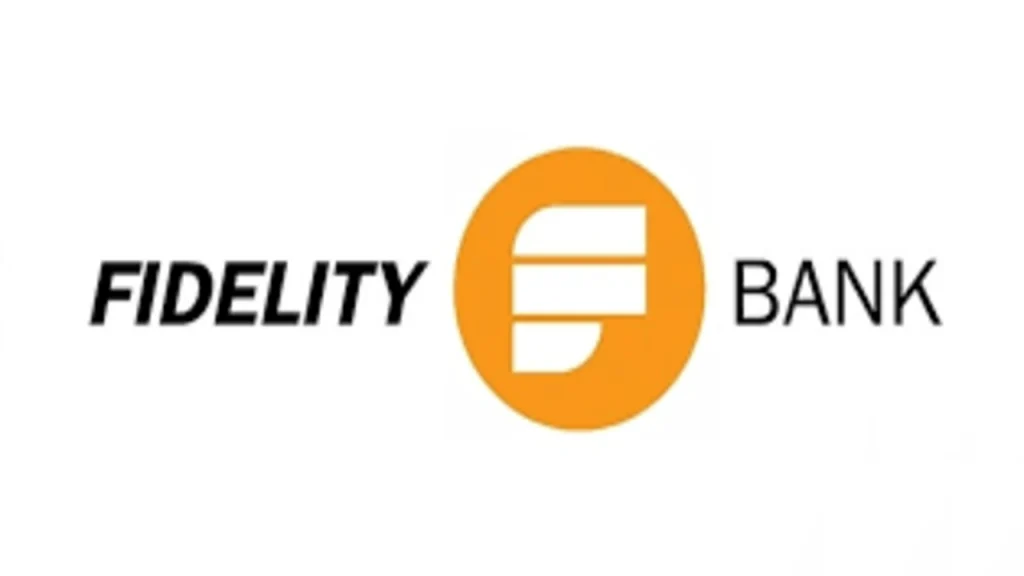- Fidelity Bank supports underserved markets through agency banking and fintech collaborations
- Ghana’s banking sector faces innovation pressure amid economic constraints and regulatory demands
Fidelity Bank Ghana: Expanding access through digital transformation
Fidelity Bank Ghana Limited is a leading private commercial bank in Ghana. It began operations in 2006 after transitioning from a discount house. The bank received its universal banking licence in 2006 and has since grown into one of the top banks in Ghana by assets, deposits and branch footprint.
According to Fidelity Bank’s official profile, it is the largest privately-owned Ghanaian bank and holds over GHS14 billion in total assets. It operates more than 70 branches and 120 ATMs across the country. It also partners with over 5,000 agents through its inclusive agency banking model.
Fidelity’s focus includes personal banking, corporate and SME financing, trade services and investment solutions. It has also introduced digital tools like the Fidelity Mobile App, Yenko USSD banking, and digital lending to widen access. These services aim to reduce barriers to financial access in remote areas and among low-income earners.Chairman Edward Effah and Managing Director Julian Opuni have consistently stated the bank’s mission is to become a world-class financial institution that supports national development.
Also read: Family Bank: Secures €100M EIB credit line for SMEs
Also read: First Atlantic Bank: Driving financial innovation in Ghana
Fidelity Bank Ghana: Industry challenges and digital momentum
Ghana’s banking sector continues to face foreign exchange volatility, inflation pressure, and regulatory restructuring after the 2017 sector clean-up. These changes have tested capital buffers, especially for indigenous institutions.
Fidelity Bank has responded by accelerating digital transformation and increasing operational efficiency. The bank joined the Pan-African Payment and Settlement System (PAPSS) to support cross-border trade and reduce dependency on external currencies. It also promotes ESG principles through green financing and financial literacy programmes.
In 2023, Fidelity partnered with fintech firm Zeepay to enhance mobile wallet interoperability. This supports Ghana’s cash-lite agenda and reflects ongoing shifts in customer preference toward mobile-first services.Recent industry innovations include biometric onboarding, AI-driven credit scoring and open banking platforms. Fidelity Bank aligns with these trends by maintaining a digital-first roadmap and building platforms that support small businesses and underserved populations.

